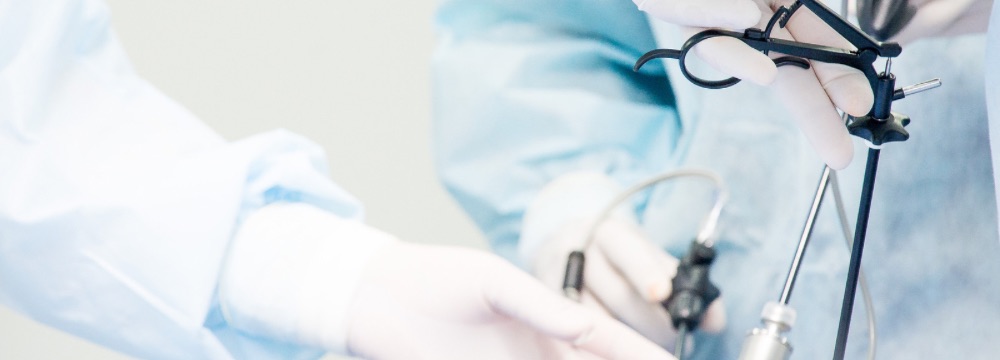
Dr. Jacobs’ 5 Key Points
- In modern-day surgery, laparoscopy is the gold standard of care.
- Abdominal surgeries can be done laparoscopically or robotically. They are both minimally invasive techniques. The difference is in one (robotically), the surgeon sits in a console away from the patient in a non-sterile field, and in the other (laparoscopically) the surgeon is hands on at the patient’s side in the sterile field and operates.
- Robotic surgery and traditional laparoscopy are similar in safety and efficacy – the method depends on surgeon preference. In Bariatrics, robotic surgery has NOT shown a benefit to patients, and the robot is significantly more expensive than the standard laparoscopic equipment. The robot costs over $2 million plus a maintenance fee of hundreds of thousands of dollars yearly and more expensive instrumentation.
- I have had one leak in primary bariatric surgeries (gastric sleeves, gastric bypasses) in the last 14 years and two leaks in revisional surgeries during that same period of time.
- Performing bariatric surgery in an accredited Center of Excellence is also mandatory in my view. If a complication were to occur, this is where you would want to be.
Minimally invasive surgery is also known as laparoscopic surgery. By performing the procedures minimally invasively, we have minimized pain, blood loss, infections, reduced the likelihood of incisional hernias, and reduced hospital stays dramatically.
Robotic surgery is the latest iteration of minimally invasive surgical procedures. In many cases, the surgical learning curve is decreased dramatically, allowing newer surgeons to perform more complex procedures earlier in their careers.
From my perspective, decades of successful implementation of laparoscopy have shown me that there is very little to improve upon. For that reason, I chose to perform traditional laparoscopy over robotic surgery. While different surgeons will prefer other surgical methods, both are ultimately safe and effective.
I am happy to say that using laparoscopic surgery, I have had one leak in primary bariatric surgeries (gastric sleeves, gastric bypasses) in the last 14 years and two leaks in revisional surgeries during that same period of time. This is out of thousands of cases.
That said, most importantly, surgeon experience is critical in determining the procedure’s success, more so in revisional surgery, and in high BMI patients.
Employing a seasoned dedicated bariatric surgeon with an excellent safety track record to perform your procedure is the best way to help ensure a good outcome. Performing bariatric surgery in an accredited Center of Excellence is also mandatory in my view. If a complication were to occur, this is where you would want to be.
Accredited Centers of Excellence
ASMBS (American Society of Bariatric and Metabolic Surgery) and the ACS (American College of Surgeons) accredit bariatric surgery centers in the U.S. and Canada that have undergone an independent, voluntary, and rigorous peer evaluation in accordance with nationally recognized bariatric surgical standards. This accreditation not only promotes uniform standard benchmarks but also supports continuous quality improvement. A bariatric surgical center achieves accreditation following a rigorous review process which proves that it can maintain certain physical resources. All accredited centers report their outcomes to a national database. A center of excellence recognizes those facilities that implement defined standards of care, document their outcomes, and participate in regular reviews to evaluate their bariatric surgical programs.
Jackson South Hospital has been accredited for approximately 10 years.



